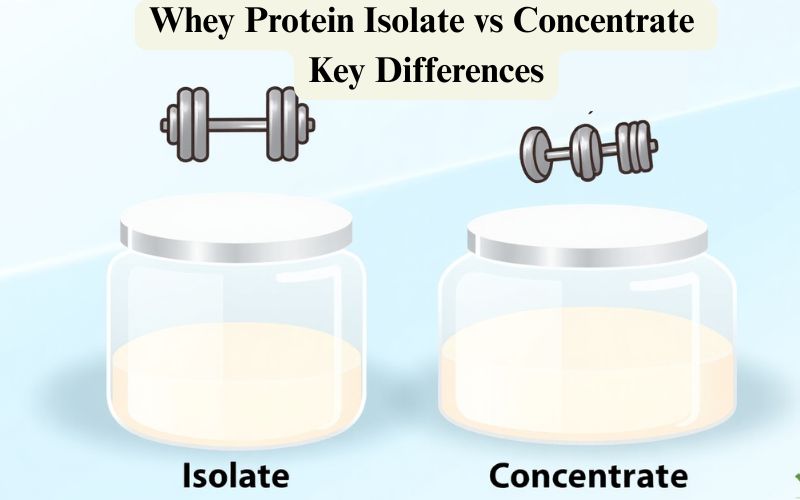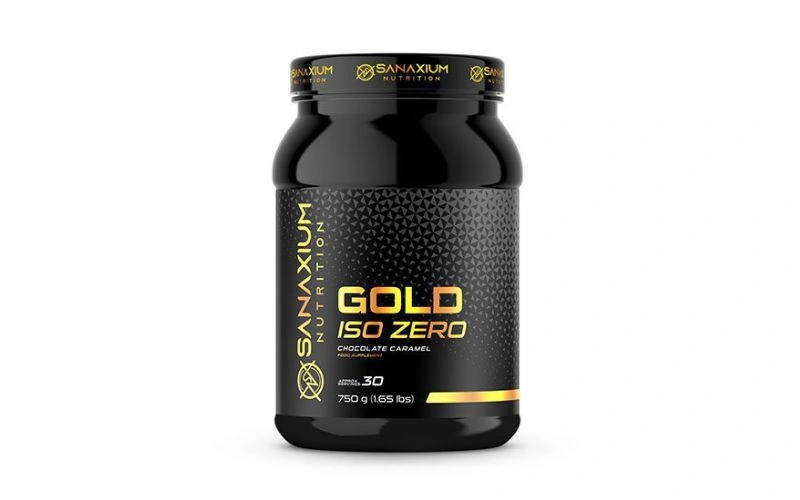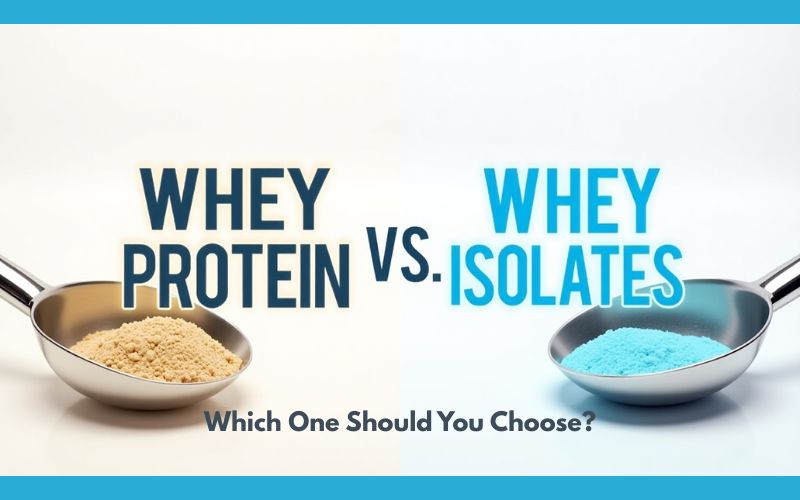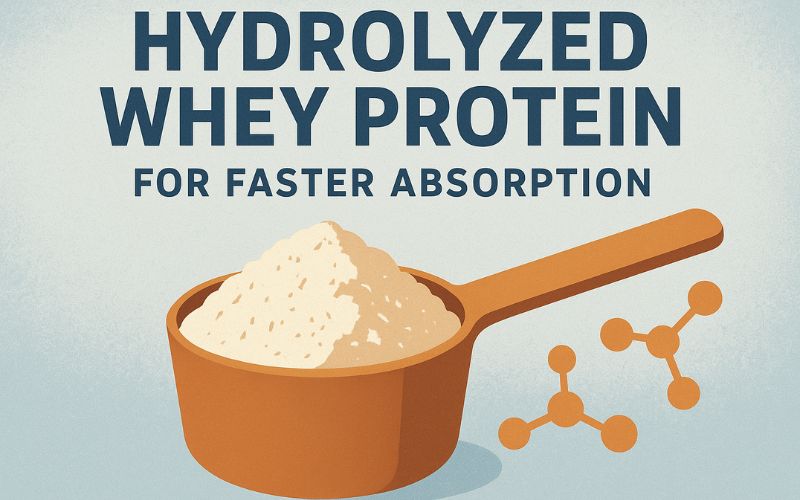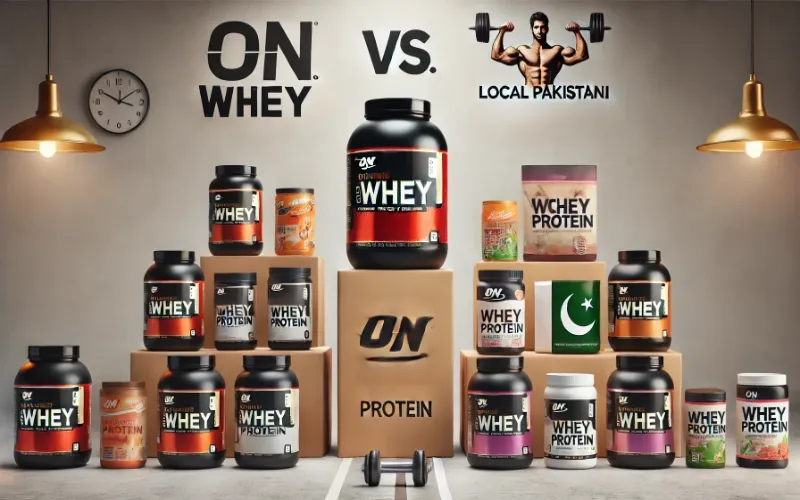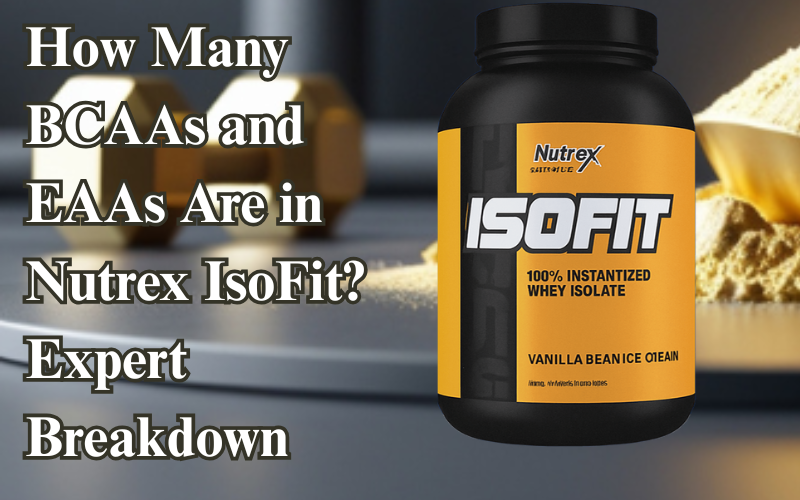Whey protein, derived from milk during the cheese-making process, is a staple in the fitness and health industries. This high-quality protein source contains all essential amino acids, making it a complete protein. It is particularly favored for its rapid absorption and ability to support muscle repair and growth. When evaluating the whey protein cost in Pakistan, consumers will find a diverse range of options that cater to various budgets while maintaining nutritional excellence and quality standards.
Within the realm of whey protein, two primary forms emerge: whey protein isolate and whey protein concentrate. Understanding the distinctions between these forms is essential for selecting the right product to meet individual health and fitness goals. The price of whey protein in Pakistan fluctuates based on factors such as purity levels, brand reputation, and import regulations, yet affordable alternatives remain accessible for dedicated fitness enthusiasts seeking premium supplementation.
Table of Contents
What is Whey Protein?
Whey protein is a complete protein derived from milk during the cheese-making process. It contains all nine essential amino acids and is renowned for its fast digestion and high bioavailability. After the curdling of milk, whey is the liquid portion that gets separated and then processed into powdered protein. This makes whey a popular supplement among athletes, fitness enthusiasts, and individuals looking to meet their daily protein needs efficiently.
Processing Methods: How Are They Made?
The difference between whey protein isolate and concentrate lies primarily in the level of processing.
- Whey Protein Concentrate undergoes minimal processing and retains more of the naturally occurring fats and carbohydrates found in milk.
- Whey Protein Isolate undergoes additional filtration processes, such as cross-flow microfiltration, to remove a significant portion of fat, lactose, and other non-protein components.
This variation in processing affects not only the purity and macronutrient content but also the cost and digestibility of the final product.
Quick Overview of Whey Protein Isolate & Concentrate
Here’s a clear understanding of Whey Protein Isolate and Whey Protein Concentrate to help you choose the best option based on your fitness goals and dietary needs:
Add image of both products in one image writing Vs in between the two products in 800* 500
| Feature | Whey Protein Isolate | Whey Protein Concentrate |
| Protein Content | ≥ 90% protein | 70%–80% protein |
| Lactose & Fat Content | Very low (due to extensive processing) | Higher (retains more natural nutrients) |
| Carbohydrate Content | Minimal | Contains more carbs, including lactose |
| Calorie Content | Lower per serving | Slightly higher per serving |
| Digestibility | Easier to digest for lactose-intolerant individuals | May cause discomfort for lactose-sensitive individuals |
| Mixability & Texture | Mixes easily, lighter and smoother texture | Creamier and thicker texture |
| Taste | Clean, neutral taste | Richer, creamier flavor |
| Micronutrient Retention | Fewer natural micronutrients due to processing | Retains more micronutrients like calcium and healthy fats |
| Ideal For | Fat loss, lactose intolerance, lean muscle gain | Bulking, cost-effective nutrition, general protein intake |
Experience the purity and performance boost with Whey Protein Isolate—shop now to elevate your fitness journey!
Unlock balanced nutrition and great taste with Whey Protein Concentrate—order today and fuel your gains affordably!
Nutritional Differences
The nutritional profiles of whey protein isolate and concentrate differ significantly. Whey protein isolate is nearly devoid of carbohydrates and fats, making it an ultra-pure protein source. In contrast, whey protein concentrate contains higher levels of carbohydrates and fats, which can contribute to a more balanced nutrient intake.
These differences can impact dietary choices, particularly for those managing macronutrient intake meticulously. For athletes and bodybuilders, the choice between isolate and concentrate can influence their ability to meet specific nutritional goals.
Below is a table highlighting the typical nutritional differences between whey protein isolate and concentrate per 30g serving:
| Nutrient | Whey Protein Isolate | Whey Protein Concentrate |
| Protein Content | 27g | 21g |
| Carbohydrates | 1g | 3g |
| Fats | 0.5g | 2g |
| Lactose | <1g | 3g |
| Calories | 110 | 130 |
Whey protein isolate offers a higher protein percentage with minimal fats and carbohydrates, making it ideal for lean muscle gain and weight loss. Whey protein concentrate, with its additional calories and slightly lower protein content, is suitable for those who need extra energy and macronutrients, such as bodybuilders in a bulking phase or individuals with higher caloric needs.
Benefits of Whey Protein Isolate
Whey protein isolate offers a range of benefits, especially for individuals who prioritize purity and performance:

- High Protein Content: Contains 90% or more protein per serving.
- Low Lactose Content: Suitable for lactose-intolerant individuals.
- Lower Calories: Ideal for those on calorie-restricted diets or cutting phases.
- Fast Absorption: Great for post-workout recovery.
- Clean Taste and Mixability: Typically results in smoother shakes and fewer digestive issues.
Benefits of Whey Protein Concentrate
While not as refined, whey protein concentrate brings its own set of advantages:
- Cost-Effective: Offers high-quality protein at a more affordable price.
- Rich Flavor: Creamier and more natural taste compared to isolate.
- Nutrient Retention: Contains more beneficial compounds like immunoglobulins and growth factors.
- Balanced Macros: Suitable for bulking or higher-calorie diets.
Who Should Choose Which?
Your choice between whey protein isolate and concentrate should depend on your personal goals and dietary needs:
| Goal | Recommended Type |
| Weight loss or lean muscle gain | Whey Protein Isolate |
| Bulking or increased calorie intake | Whey Protein Concentrate |
| Lactose intolerant or sensitive | Whey Protein Isolate |
| Budget-conscious fitness | Whey Protein Concentrate |
This guidance helps narrow down the decision-making process based on lifestyle and performance objectives.
Absorption and Digestion
The rate of absorption and digestion is a crucial factor in the efficacy of protein supplementation.
- Whey protein isolate higher purity allows for faster breakdown and absorption in the digestive system compared to whey protein concentrate. This rapid digestion makes it especially effective for post-workout recovery, where timely delivery of amino acids to the muscles is essential for optimal repair and growth.
- Conversely, whey protein concentrate, with its higher fat and carbohydrate content, digests more slowly. This slower digestion can be advantageous for providing a sustained release of amino acids, which supports prolonged muscle protein synthesis. The extended availability of amino acids may be beneficial for individuals looking to maintain muscle mass over extended periods, such as during long training sessions or overnight.
Suitability for Different Goals
Selecting between whey protein isolate and concentrate hinges largely on individual health and fitness objectives.
- Whey protein isolate, with its higher protein concentration and reduced caloric content, is ideal for those focusing on lean muscle development or managing their calorie intake.
- It is also a suitable option for individuals with lactose intolerance or sensitivity, as the lower lactose content minimizes potential digestive issues.
- On the other hand, whey protein concentrate, with its richer nutrient profile and slightly higher calorie content, is well-suited for those aiming to gain muscle mass or increase overall caloric intake.
- It is a more economical choice for individuals who do not have specific dietary restrictions and who seek a protein supplement that offers a balance between quality and cost.
The comprehensive nutrient profile of concentrate can support overall health and fitness goals without significantly straining the budget.
Conclusion
In the debate of whey protein isolate versus concentrate, there is no one-size-fits-all answer. Each form offers unique benefits tailored to different dietary needs, fitness objectives, and budget considerations. Understanding the distinctions between these two types of whey protein can empower individuals to make informed decisions that align with their personal health and fitness aspirations. Whether the goal is to maximize muscle growth, support weight loss, or simply maintain overall health, selecting the right whey protein product is a critical step in achieving optimal results.
Frequently Asked Questions (FAQs)
- Can I mix whey isolate and concentrate together?
Yes, many protein blends actually combine both forms to balance cost, taste, and nutritional value. - Is whey protein suitable for vegetarians?
Yes. Whey is derived from milk and is suitable for lacto-vegetarians but not vegans. - Which is better: whey protein or plant-based protein?
Whey is typically superior in terms of amino acid profile and digestibility. However, plant-based options may be preferred for those with dairy allergies or ethical considerations. - Can I use whey protein daily?
Absolutely. It can be part of a healthy diet when used to meet your daily protein requirements. - Does whey protein help with weight loss?
Yes. When combined with exercise and calorie control, whey protein can aid in fat loss by supporting muscle maintenance and satiety.














